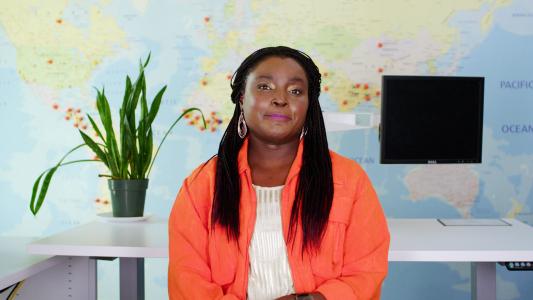If you’re a scientist with a new business idea, the Sci-Founder Fellowship program wants to hear from you.
The newly announced program is looking to provide up to $400,000 in startup funding to teams of early-career scientists (typically, scientists who have earned their highest degree within the last seven years and have yet to secure academic tenure).
The program isn’t looking to fund any type of science research, though — the team behind it specifically wants to help scientists bring to fruition tech that could improve people’s lives.
Securing Startup Funding
A career in science usually starts with a degree (or two or three) and then a choice: do I want to get a job in academia or in the private sector?
If a scientist opts for academia, they’ll likely spend years teaching, working for senior scientists’ labs, applying for grants to fund research, and then trying to publish papers.
In the private sector, scientists don’t have to worry as much about funding, but they also sometimes have less control over the work they do — they’re beholden to the person signing their checks.
But joining an existing business is just one option for scientists interested in the private sector. They can also launch a startup if they have a viable idea — and the money to get it going.
Usually, startup funding comes from investors, and securing it can be incredibly difficult, especially when research is in its very earliest stages.
The Sci-Founder Fellowship program is designed to help scientists who have a promising idea for a new business, but need the startup funding — and support — to launch it.
“There’s a lot more people out there that could be starting companies that are not right now,” Matt Krisiloff, one of the program’s founders, explained in a video introduction.
“Our hope…is to create more of an ecosystem and community that will help more founders get started with their companies and make really significant progress into the future,” he added.
Science Startup Ideas Wanted
Krisiloff is the CEO of his own science startup, Ovid Research, and he’s previously worked with more than 150 others as both an investor and advisor.
His partners in the Sci-Founder Fellowship program are Nish Bhat (co-founder of the health biotech startup Color) and Lucas Harrington (co-founder of the CRISPR-focused startup Mammoth Biosciences).
Their plan is to find approximately eight scientists (or teams of scientists) with ideas for startups focused on translational research — those are the kinds of technologies that could leave the lab and make a real difference in people’s lives.
Some examples of the areas they’re willing to fund include stem cell tech platforms, organ regeneration, and immunotherapy research.
They’re offering scientists $250,000 in startup funding in exchange for 10% equity in the business or $400,000 for 15% equity. The scientists are free to decide how to use this money, and the program’s co-founders will not take any ownership of the scientists’ creations.
The program will last at least a year, during which the co-founders will mentor the teams of scientists, as well as help them raise additional funds and secure lab space (if needed).
“Ultimately, our goal with this is to build a community of scientist founders that are helping other scientist founders,” Matt Krisiloff, one of the program’s founders, explained in a video introduction.
The deadline for applying to the Sci-Founder Fellowship program is February 12.
We’d love to hear from you! If you have a comment about this article or if you have a tip for a future Freethink story, please email us at [email protected].






